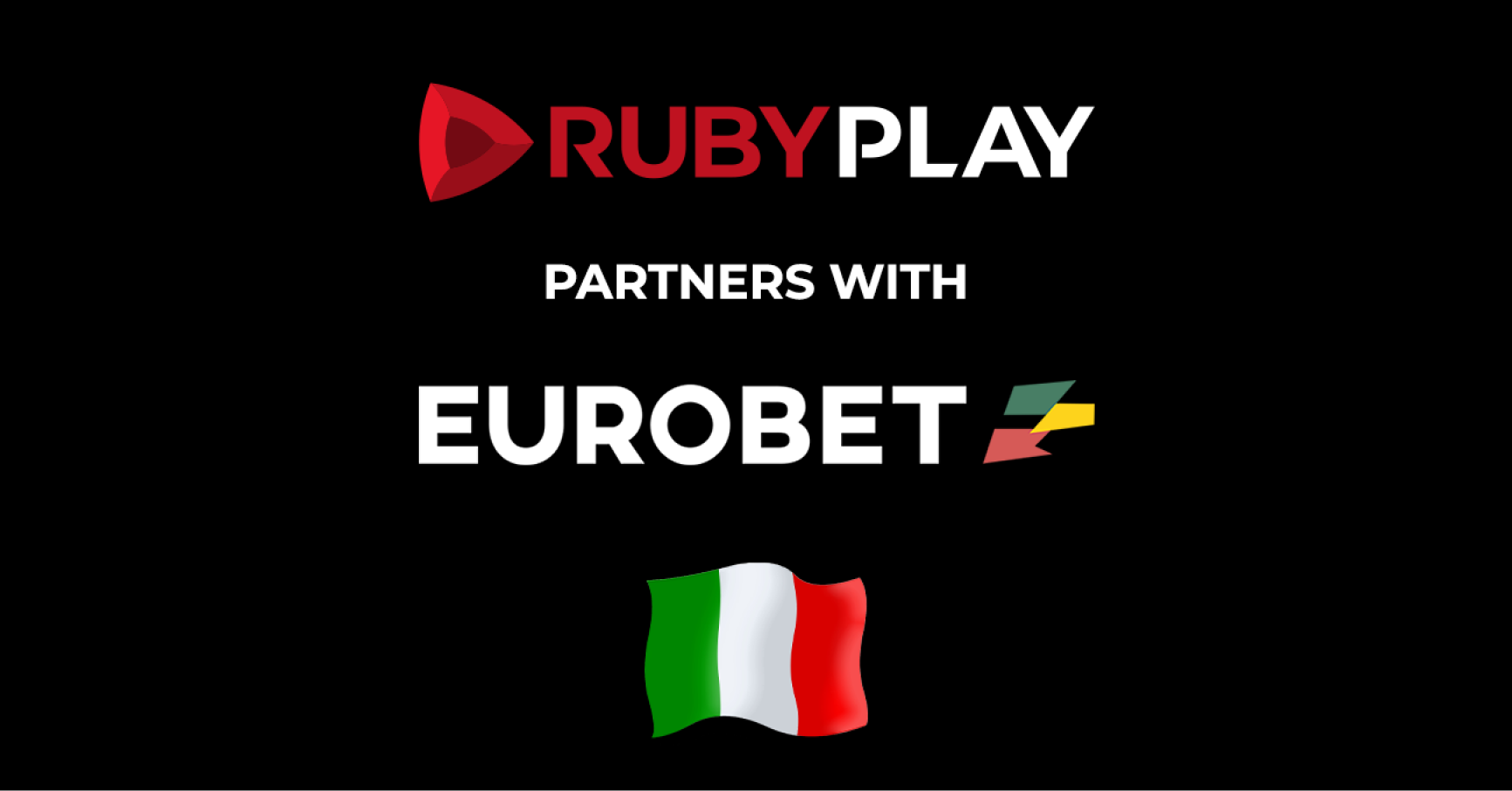Shopping
Aldi vs Lidl: which is the better discount supermarket? – Which? News

Aldi and Lidl are well known for their cheap groceries and eclectic, ever-changing middle aisles.
Both of the German discount chains offer no-frills stores and low prices–- but they are also quite different in some respects. So which is the better one to shop with?
Here, we reveal how Aldi and Lidl measure up based on wide-ranging Which? research, from price and in-store experience to taste tests and animal welfare.
Is Aldi or Lidl cheaper?
Every month, we compare the cost of a basket of popular groceries at major supermarkets using an independent pricing database. Aldi has been the cheapest supermarket every month since November 2023, and it was also the overall cheapest supermarket last year.
However, Lidl is invariably close behind. Our analysis of June prices found a shopping list of 65 items cost £118.41 on average at Aldi and £121.31 at Lidl – a price difference of just £2.90.
Even when we took Tesco and Sainsbury’s loyalty card discounts into account, both of the discount retailers beat them on price.
- Find out more: cheapest supermarkets of 2024
Does Lidl or Aldi make tastier food?
Which? regularly pits cheaper own-label products and big brands against each other in blind taste tests to find the tastiest supermarket food and drink.
Aldi achieved higher scores than Lidl in seven out of 16 recent taste tests; Lidl scored higher than Aldi in seven tests; and they scored the same twice. So the two rivals are very evenly matched.
Our consumer panel liked Aldi’s ground coffee more than the pricier Taylor of Harrogate’s product, while Lidl’s tomato ketchup came out top when we tested own-brand ketchups – and it’s a fraction of the price of Heinz’s.
Here’s how the discounters compared in five recent Which? taste tests:
Table notes: we have only included results where both discounters were included in the test, and at least one was awarded a Best Buy or Great Value recommendation. Member-only results have been excluded, as have results where products are no longer available.
Does Aldi or Lidl reward loyalty?

Of the two discounters, only Lidl has a loyalty scheme. It recently revamped its Lidl Plus app and now offers lower prices on selected products to members – known as Lidl Plus Offers – as well as personalised coupons.
When we checked last week, there were 19 offers available, including 15% off Deluxe sourdough pizzas, 25% off own-label sun cream and a cordless multitool for £14.99 (non-members: £19.99).
When Lidl first launched its member-only prices, Which? analysed the pricing history of a selection of Lidl offers and most looked like decent deals.
You’re also rewarded for spending certain amounts. For example, you get a free in-store bakery item if you spend £50 in a month; spending £250 earns you a 10% off coupon. Discounts are applied when you scan the Lidl Plus app at the till (loyalty cards aren’t available).
Aldi is the only major supermarket without a loyalty scheme, and a spokesperson recently told industry publication The Grocer that it has no plans to launch one.
- Find out more: loyalty schemes compared
Are Aldi or Lidl stores nicer to shop in?
In our latest survey of the best and worst supermarkets, Aldi was the second highest rated supermarket (after M&S) for in-store shopping, achieving an impressive customer score of 73%.
Lidl placed third from bottom in our table of nine grocers, with a score of 68%. Lidl shoppers were less impressed with its customer service, staff availability and helpfulness, queuing time and food quality than Aldi customers – though neither retailer excelled on any of these measures.
But both Aldi and Lidl performed better than any other supermarket in our survey for value for money, each scoring four out of five stars on this measure.
Aldi is the UK’s fourth-biggest supermarket chain (after Tesco, Sainsbury’s and Asda) according to market analyst Kantar, with more than 1,000 stores. It’s opening 10 more stores this summer including in Waltham Cross in Hertfordshire, Olney Park in Milton Keynes and Aberdare in Wales.
Lidl is the sixth-biggest chain (after Morrisons) and the fastest-growing bricks-and-mortar supermarket. It has around 950 stores and is the dominant discounter in London, where it’s the third-largest supermarket. Lidl is due to open new stores in Birmingham, Bristol, Berwick and London in the coming months.

While both Aldi and Lidl’s stores tend to be relatively basic, one key way in which they differ is that Lidl has in-store bakeries (pictured above), whereas Aldi only offers this in 16 of its 1,000-plus stores. And Lidl’s clearly onto a good thing, as it now sells more baked goods than any other supermarket – including 122 croissants a minute on average – according to Kantar.
Aldi shoppers, meanwhile, may have noticed its products often have multiple barcodes, or barcodes wrapped around the packaging. This enables checkout staff to scan products more quickly, so fewer staff are needed. It also makes it easier to scan products yourself at self-service tills.
- Find out more: M&S vs Waitrose – which upmarket grocer is better?
What about online shopping?
Online shoppers were less complimentary about Aldi’s click and collect service, awarding it a dismal customer score of 57% and just two stars across the board, even for value for money (perhaps due to its collection slots all costing £4.99 – more than online delivery from some other supermarkets).
Lidl doesn’t offer click and collect at all, and neither discounter has a home delivery service for groceries.
- Find out more: best and worst supermarkets 2024
How do their ranges compare?
Both discounters have a much smaller selection of products than traditional supermarket chains. This helps to keep prices low: stocking fewer products means they have smaller stores and warehouses, fewer staff and lower overheads.
Products are often displayed in cardboard boxes and on pallets, which are quicker to restock.
The vast majority of Aldi’s and Lidl’s products are own label. This also keeps a lid on prices because of the greater control they have over manufacturing and supplier costs. But both also stock limited ranges from brands including Cadburys, Heinz, Kellogg’s, McVitie’s, Nestlé, Walkers and Warburtons.
Aldi and Lidl are as famous for the sometimes bizarre array of items in their middle aisles as their cheap prices. ‘Middle of Lidl’ products and Aldi’s ‘Specialbuys’ change regularly, so you might find yourself browsing air fryers and camping equipment one week, and cycling gear and beach inflatables the next. You can find out what’s for sale in the middle aisle this month at Aldi.co.uk and Lidl.co.uk.
- Find out more: how to spend less at the supermarket
How do Aldi and Lidl compare on animal welfare?

Neither of the discounters excels in this field. Both Schwartz Group – Lidl’s parent company – and Aldi were given the lowest rating in the latest Business Benchmark on Farm Animal Welfare, which assesses large food companies’ welfare policies and practices.
On a more positive note, Lidl recently announced that its own-label fresh chickens will have 20% more space by early 2025. Last week, Aldi followed suit, saying the stocking density of its meat chickens will also be reduced to 30kg per square metre by November. Both do also offer free-range, higher-welfare fresh chicken – look out for the ‘RSPCA Assured’ logo.
Both have also made commitments that all their eggs will soon be from cage-free hens.
- Find out more: decoding food labels, from animal welfare to sustainability
What about fish?
68% of Lidl’s and 58% of Aldi’s own-brand wild seafood ranges were certified by the Marine Stewardship Council (MSC) in 2022/2023. MSC’s recent consumer research found Aldi had more tuna products for sale with its blue tick label than Lidl, but both discounters have been expanding their ranges.
As for farmed fish, Lidl currently has just four products carrying the Aquaculture Stewardship Council’s eco-label, while Aldi has none at all.
- Find out more: how to buy sustainable fish
So which is really better: Aldi or Lidl?
The answer to this might depend on whether you prefer loyalty discounts (Lidl) or a more pleasant in-store shopping experience (Aldi).
Aldi is consistently the cheapest supermarket in our monthly price analysis, but Lidl always comes a very close second. And if you have the Lidl Plus app, you can use personalised coupons and member-only prices to shave a bit off your shopping bill or bag a freebie.
Aldi and Lidl both offer some high-quality and good-value own-brand products – and their premium pork sausages are equally tasty. If you like freshly baked croissants and baguettes, Lidl has the edge thanks to its popular in-store bakeries.
Both stock some sustainable fish and have made some progress on chicken welfare, but could do better on farm animal welfare in general.
Ultimately, both are great places to do your weekly shop if you value price over choice.










